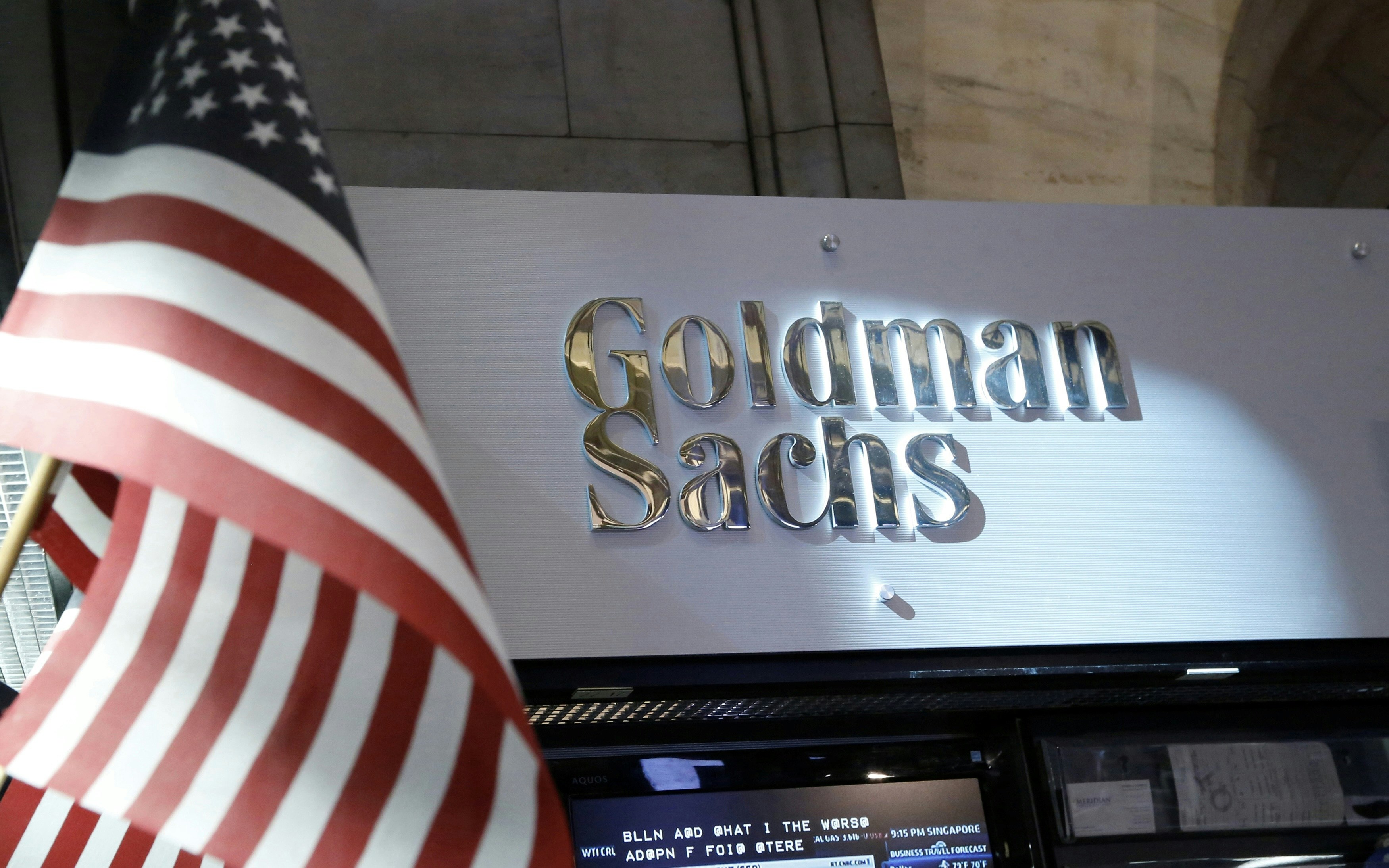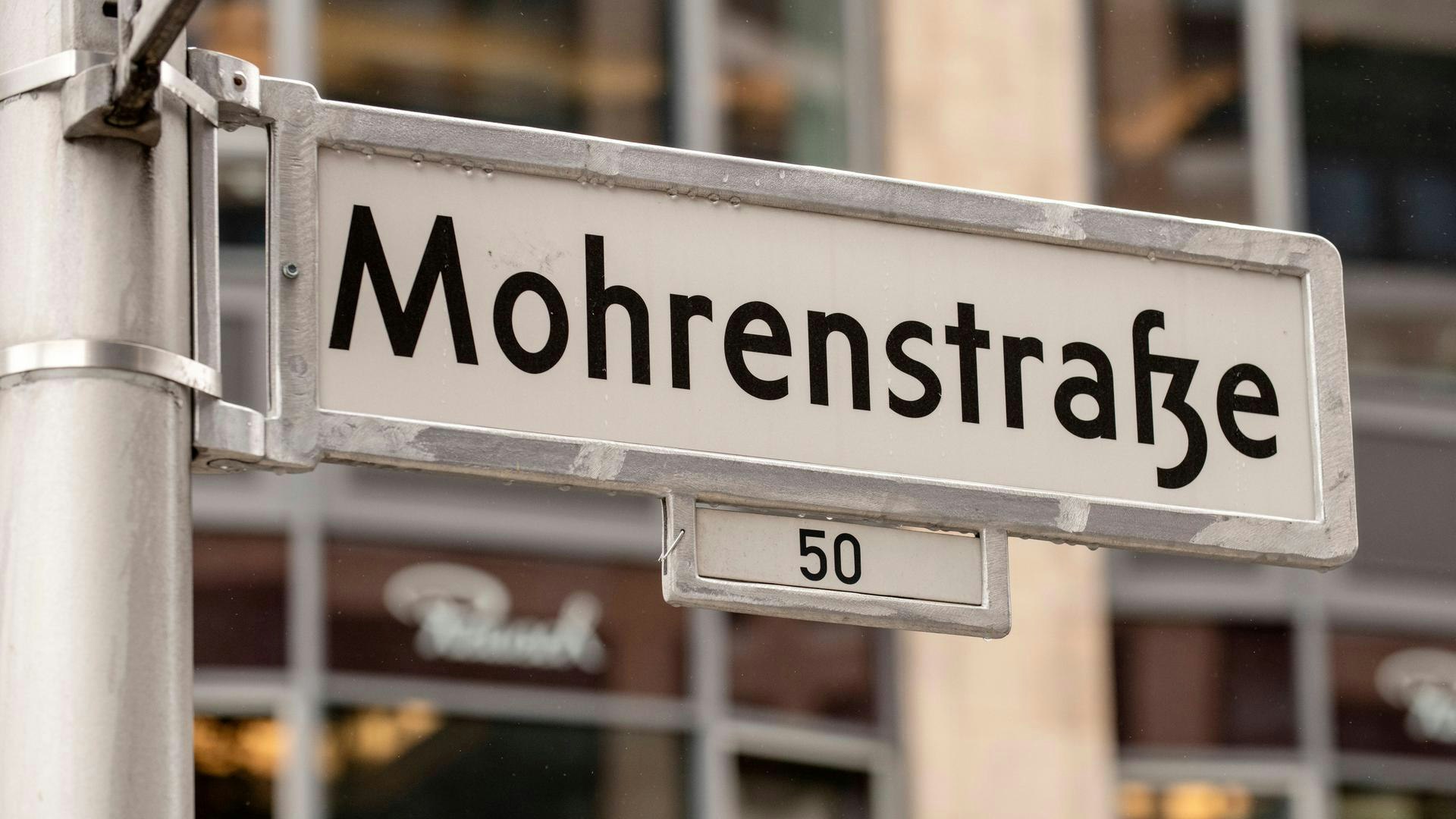Goldman Sachs will roll out its first generative AI tool for code generation to thousands of developers across the company by the end of the month. Chief Information Officer Marco Argenti stated that the company has centralized all proprietary AI technologies on an internal platform. This approach might have initially slowed things down, but it is now paying off.
The centralized approach naturally has advantages and disadvantages," said Argenti. He had to resist efforts to move forward more quickly and deal with frustration over the bank's decision to ban the internal use of OpenAI's ChatGPT. This decision has also been made by other companies.
CIOs in various industries are under pressure to use generative AI to gain competitive advantages, but must avoid risking dangerous mistakes. Many projects are still in the pilot or concept phase, while implementation is gradually increasing, according to Chirag Dekate, Vice President Analyst at the research firm Gartner.
The generative AI platform from Goldman, known as the GS AI Platform, originated from an existing machine learning platform and serves as a central access point for all generative AI applications within the company. Goldman collaborates with Microsoft, a supporter of OpenAI, and Google to utilize models such as GPT-3.5, GPT-4, and Gemini. The platform also employs open-source models like Meta Platforms' Llama. A key advantage of this approach is the ability to switch between models for different use cases, according to Argenti.
The key point is that the internal platform enables Goldman to securely optimize models using its own internal data while ensuring regulatory compliance. Argenti explained that controls are in place to ensure that models do not share data with employees who should not have access to it.
Selected Goldman employees can directly access the platform and interact with various models. Developers use it to create customized applications, such as a copilot tool for investment bankers that searches a variety of public and proprietary documents to answer questions and extract analyses.
Another advantage of the platform is that it enables faster development of more applications, according to Argenti. Developers don’t need to start from scratch with every application – a copilot for asset managers can heavily build on the copilot for investment bankers, with all security measures already built in from the beginning.
Argenti stated that the development time for generative AI applications has shortened from months to weeks. However, care is taken not to transfer them to production too quickly.
AI is a new thing," he said. "Security and responsibility have absolute priority.
The necessity to protect data, ensure compliance with existing data regulations, and prepare for new AI regulations are key factors determining the speed of AI adoption in the financial services sector, according to Gartner's decade. The financial services sector is one of the most heavily regulated ecosystems.
The generative AI coding assistant from Goldman, Microsoft's GitHub Copilot, is the company's most widely used AI application to date. Argenti explained that it provides developers with an approximate 20% increase in efficiency. The company is also in the early stages of rolling out an AI tool for translating documents into other languages and an application that summarizes proprietary research to provide insights to consultants.
Generative AI remains a relatively small part of the technology budget, said Argenti, with most resources dedicated to the bank's operations as well as its security and compliance. Argenti expects that AI will attract more funding in the future, but "it is not like we will suddenly pull resources away from other things.







